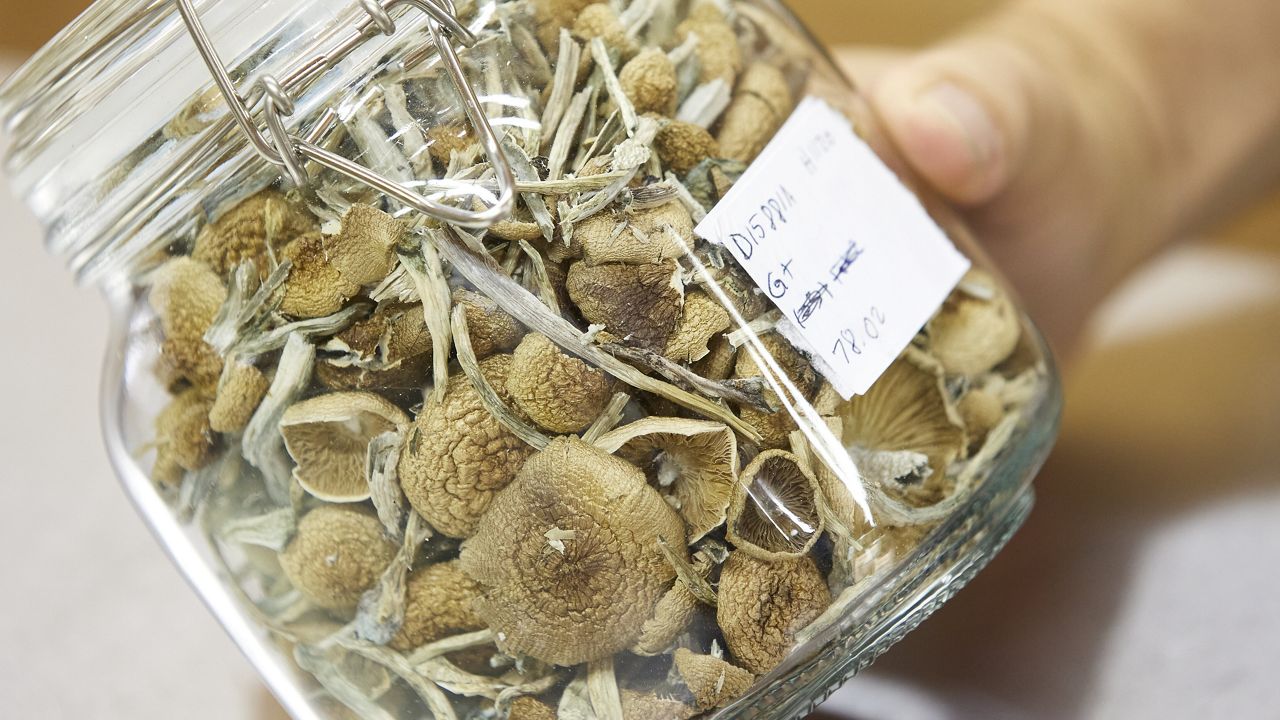In recent years, there’s been an increasing interest in the potential benefits and risks of psilocybin, the active compound in magic mushrooms, particularly athletics. This curiosity extends beyond mere recreational use; athletes are exploring its potential for mental health, recovery, and even performance enhancement.
However, this raises a crucial question: Are magic mushrooms prohibited for athletes? To delve into this topic, we must first understand what magic mushrooms are and why they are gaining attention.
Psilocybin, the psychoactive component in these mushrooms, has been studied for its potential therapeutic effects, including reducing anxiety, depression, and PTSD symptoms. For athletes, who often face immense mental and physical stress, these benefits can be particularly appealing.
The World Anti-Doping Agency (WADA) Stance
The World Anti-Doping Agency (WADA) is the primary authority in regulating substances in most competitive sports. According to USADA.org, psilocybin is on WADA’s Prohibited List. This means that athletes who are found to have used or possess psilocybin face serious consequences, including suspensions and disqualification.

Why is Psilocybin Banned?
The rationale behind WADA’s prohibition of psilocybin primarily revolves around two factors: health and performance. While research suggests potential therapeutic benefits, there are also risks associated with its use, such as impaired judgment, altered perception, and possible psychological distress.
Moreover, there’s an ongoing debate about whether psilocybin can be considered a performance-enhancing substance. Some argue that its ability to alleviate stress and anxiety could give athletes an unfair psychological advantage. However, this perspective is contentious, as the direct impact of psilocybin on athletic performance remains largely unexplored.
Legal Status and Societal Views
Beyond the sports world, the legal status of magic mushrooms varies greatly across countries and even states within countries. In some regions, they are entirely illegal, while in others, there’s a growing movement towards decriminalization and even medical use. This patchwork of legality adds another layer of complexity for athletes, as they must navigate not only sports regulations but also local laws.
The societal view of magic mushrooms is also shifting. Once stigmatized as a dangerous drug, there’s a growing recognition of its potential therapeutic value, leading to a more nuanced conversation about its use and regulation.
Athlete’s Health and Safety
At the heart of the discussion is the health and safety of the athletes. While the potential mental health benefits are appealing, the lack of comprehensive research and understanding of the long-term effects of psilocybin use warrants caution. Athletes, often seen as role models, are also responsible for adhering to ethical standards and legal boundaries.
The Future of Psilocybin in Sports
Looking forward, the status of magic mushrooms in sports is not set in stone. As research evolves and societal attitudes shift, there could be changes to how these substances are regulated within the athletic community.

It’s conceivable that with more robust scientific evidence and controlled usage, their prohibition status could be reevaluated, particularly for therapeutic use under medical supervision.
However, any such change would require a careful balancing act, ensuring that the health and fairness in sports are not compromised. It would also necessitate clear usage, dosage, and monitoring guidelines to mitigate risks.
Conclusion
In conclusion, as of now, magic mushrooms are prohibited for athletes under WADA’s guidelines, primarily due to concerns over health, safety, and the potential for unfair advantage.
The evolving legal and societal landscape and ongoing research suggest that this conversation is far from over.For athletes, it’s crucial to stay informed and adhere to current regulations to ensure their safety and maintain their sport’s integrity.
As we continue to learn more about psilocybin and its effects, the athletic community needs to engage in open, informed discussions about its place in sports, balancing potential benefits with ethical and health considerations.
How Do Magic Mushrooms Impact Athletic Performance?
The impact of magic mushrooms, specifically their active compound psilocybin, on athletic performance is not well studied and remains largely speculative. Psilocybin is known for its psychoactive properties, which can induce alterations in perception, mood, and cognitive processes. These effects are not typically associated with enhanced athletic performance and could potentially hinder it.
Physiologically, the use of magic mushrooms might lead to a range of effects, such as altered sensory perception, impaired coordination, and changes in the perception of time, which could negatively impact athletic activities that require precision, focus, and coordination. Additionally, the psychological effects, which can be profound and unpredictable, may pose safety risks, especially in high-risk or competitive sports environments.
How Long Do Magic Mushrooms Stay In An Athlete’s System?
Typically, the effects of magic mushrooms last for about 4 to 6 hours, with peak effects occurring 2 to 3 hours after ingestion. However, the detection window for these substances in the body can be longer.
Psilocybin and its metabolite, psilocin, can be detected in urine for up to 24 hours. However, this can vary based on several factors, such as the dose, the individual’s metabolism, and hydration levels.
For blood tests, the detection window is usually shorter, often within several hours post-consumption. Hair follicle tests have a much longer detection window, potentially up to several months, but these tests are less common for psilocybin. Athletes should know that their metabolic rate, body mass, and overall health can influence how long these substances remain detectable in their system.
